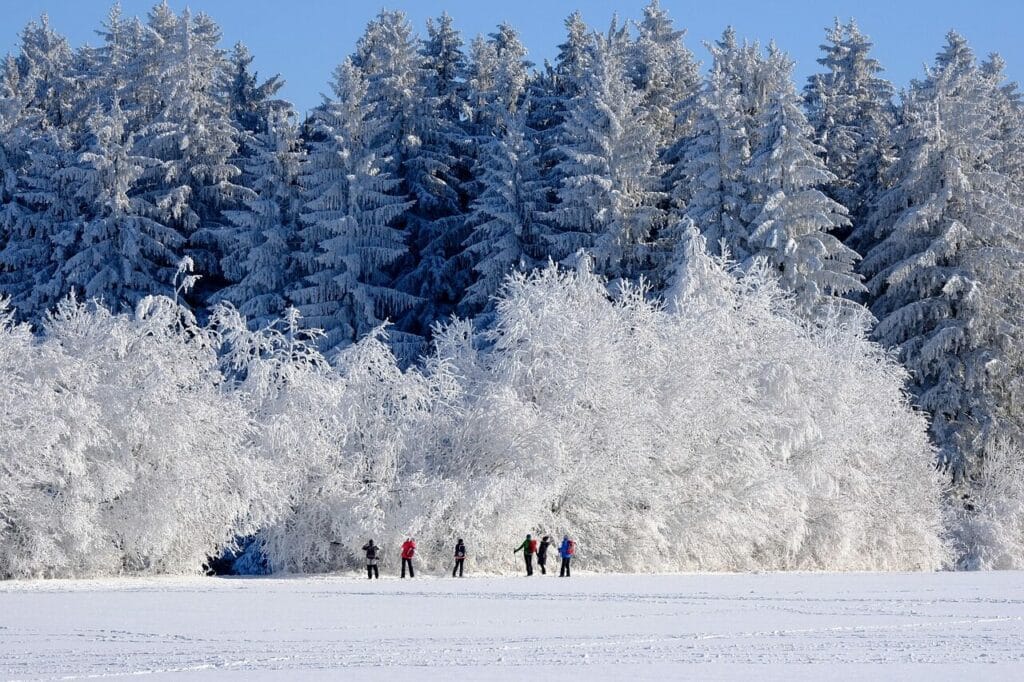A chilly and snowy kickoff to winter awaits, but a shift to milder and wetter conditions may be on the horizon for Southern Ontario by January, as predicted by CityNews’ winter weather experts.
Meteorologist Natasha Ramsahai points out that the winter season will be divided into distinct periods due to the influence of La Nina, a phenomenon characterized by cooler Pacific Ocean temperatures, which significantly impacts North American winters.
“The current La Nina advisory will affect our winter weather patterns through its impact on the jet stream, although changes are expected,” Ramsahai explained.
Additionally, the snowfall in Siberia plays a crucial role in shaping the winter weather, affecting phenomena like the polar vortex.
Ramsahai elaborated, “The polar vortex is a large mass of cold air that typically stays near the poles. However, when it descends southward over Canada, it weakens the jet stream.”
With the Great Lakes currently registering warmer temperatures than usual, the interaction between cold air and warm water may trigger intense snow squalls, particularly affecting Southern Ontario.
Ramsahai predicted, “Expect significant snowfall and snow squall activity in the Great Lakes region this winter, particularly impacting Southern Ontario.”
The forecast anticipates abundant cold and snow from November to January. Yet, a shift in weather patterns is likely thereafter.
“As we progress from January to March, the cold air will retreat northward and westward towards Alberta, Saskatchewan, Manitoba, and the prairies. Southern Ontario, including Toronto, may experience milder and wetter conditions, potentially leading to mixed precipitation in early 2026,” Ramsahai noted.
Despite the current forecast, winter weather predictions in Canada remain highly variable due to numerous atmospheric and oceanic factors at play.
Ramsahai emphasized, “The complexity of weather systems in Canada, influenced by various signals and teleconnections, makes accurate long-term forecasting challenging.”
Regarding the possibility of a white Christmas, Ramsahai highlighted a concerning trend linked to climate change, noting a decreasing likelihood of snowfall during the festive season.
She remarked, “Data suggests a diminishing chance of a white Christmas in Toronto, reflecting broader climate trends. However, an official white Christmas forecast will be provided closer to the festive date.”
Keyphrase: Winter weather forecast

